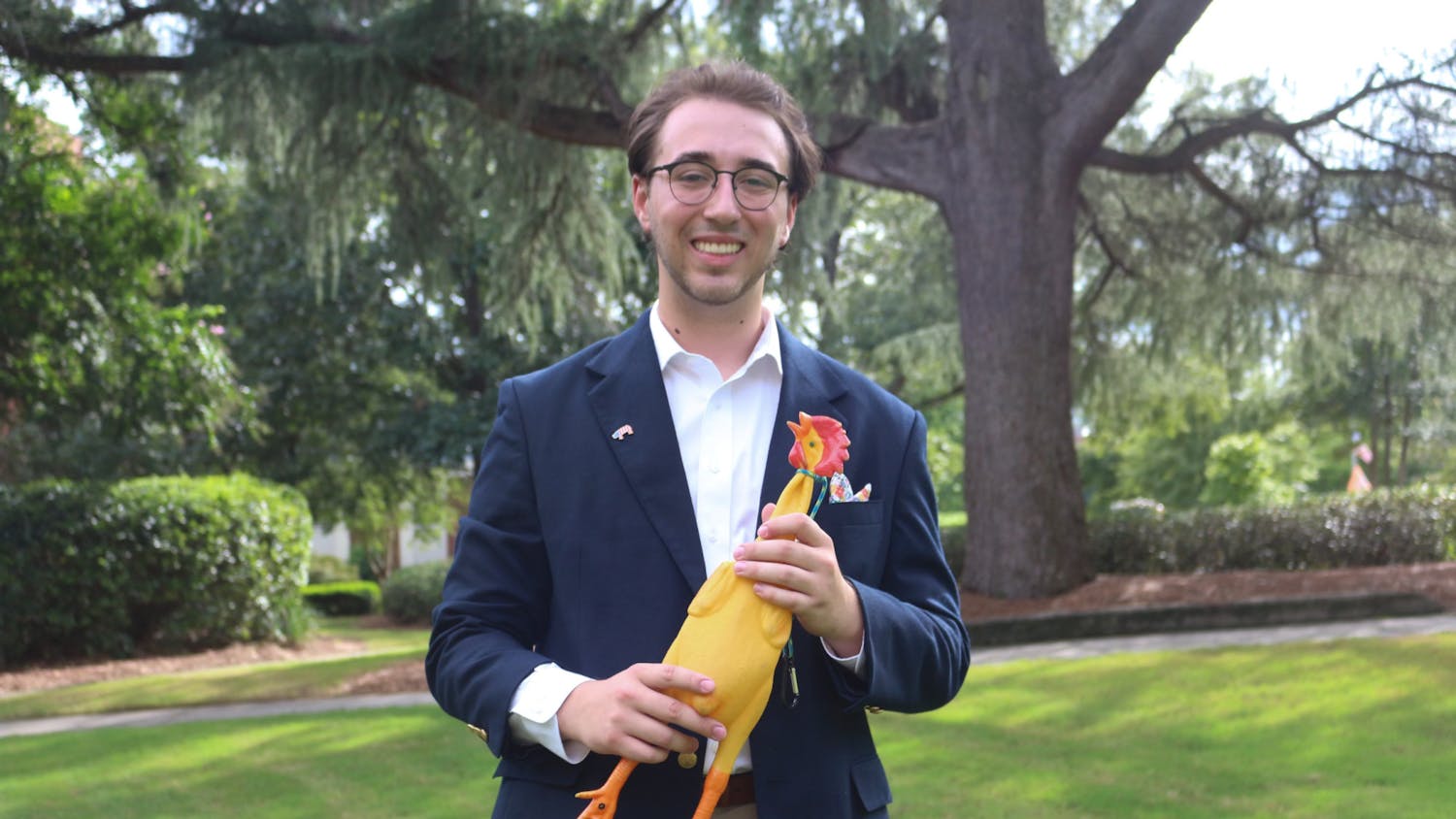Spanish Prime Minister Mariano Rajoy summarized the crisis in Catalonia with, “There is no possible mediation between democratic law and disobedience or illegality.”
For the past forty years, Catalonians have been engineering a break with Spain. First they advocated for and were granted more autonomy in local government. This led them to teaching of Catalan, a separate dialect distinct from Spanish. Then came the demand for all correspondence and advertising to be in Catalan. Later, local authorities exacted a tax on public works projects which some believe is a front for the Catalonian government to promote their secessionist agenda as a method of funding.
[related title="Related Stories" stories="22422,22250" align="right" background="on" border="none" shadow="off"]
In the last regional election, pro-secession parties in Catalonia decided to unite around a single issue: independence. They not only failed to win a majority of the vote but also lost votes relative to the prior election. Polls held in Catalonia after the Scottish Referendum, paid for by the separatists, indicate that support for independence is a minority and in decline.
Yet, the Catalonian government, led by Carles Puigdemont, is moving towards secession yet again—perhaps realizing it’s “now or never.” In early October, an illegal—according to Spanish law—referendum was held in which the separatists claimed 90% of the Catalan population voted for independence. Yet less than 50% of the population participated. All reputable international parties, meanwhile, doubt this claim, as the vote was plagued with violence and corruption.
More recently, Puigdemont has approached the European Union and other major powers such as Germany and France requesting financial support and backing for a independent Catalonia. He was quickly disappointed when every potential creditor declined.
What Puigdemont is doing in Catalonia is a coup against the Spanish government and is treasonous. Catalonia is not an oppressed state as its citizens enjoy the rights as all Spanish citizens do and Catalonia has never been an independent state even before Spain was united between Ferdinand of Aragon and Isabella of Castile in 1492.
While the Spanish government sent police forces to obstruct the illegal vote, it has indicated great tolerance toward the pro-secessionists in Catalonia. If Puigdemont persists and moves toward independence, Spain should step in and send in the military to arrest the separatists and declare martial law.
Catalonia must never be allowed to be its own state because it would cause great turmoil all throughout Europe sparking more independence movements. There is only room in Europe for a united Spain, not a fragmented one.
Opinion: Crisis in Catalonia





